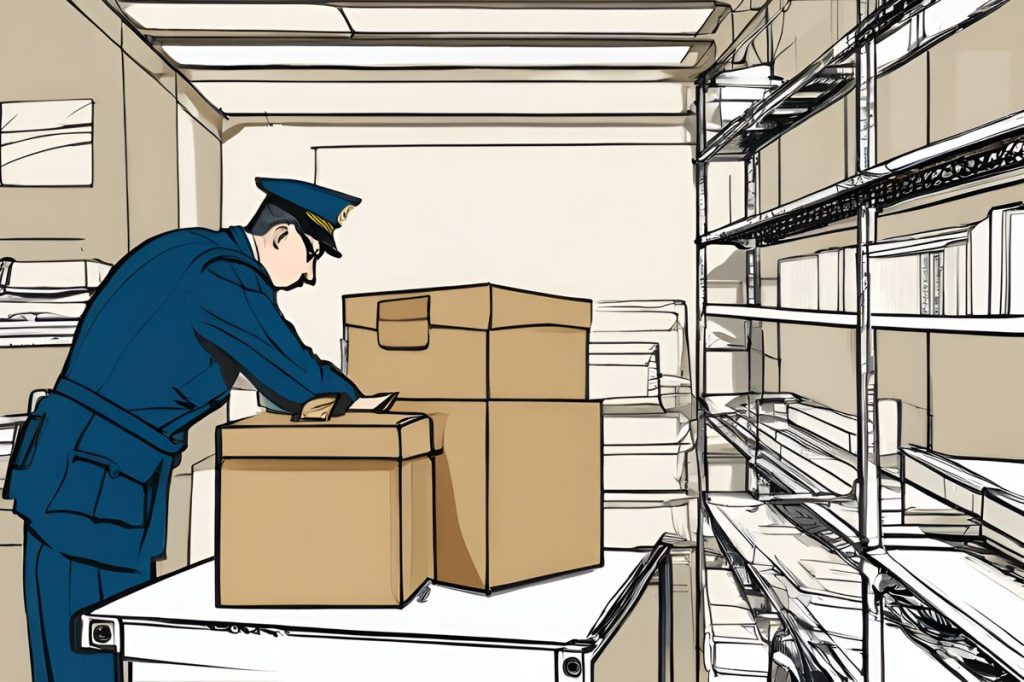Authorities seized a large quantity of duty-free tobacco at the border, leading to the arrest of three individuals in Larnaca. The lack of health warnings on the packaging flagged the illegal products, highlighting the risks of tax evasion, health hazards, and customs violations associated with smuggling tobacco.
What are the consequences of smuggling duty-free tobacco?
The consequences of smuggling duty-free tobacco include tax evasion and legal violations, undermining public health initiatives, and contravening customs regulations. Such acts can lead to arrests, as smuggled tobacco products often lack mandatory health warnings and fail to meet safety standards, posing health risks to consumers.
Customs Crackdown at the Border
It was a routine Wednesday for passengers at the airport, but for three individuals, the day took an unexpected turn. Customs authorities, vigilant as ever, discovered an enormous haul of tobacco products in the luggage of passengers bound for Britain. Specifically, they seized 392 boxes containing 200 cigarettes each, along with 43 kilograms of rolling tobacco. These items had been transported into the Republic from the north, and what flagged the officers was the lack of mandatory health warnings on the packaging – a clear indication that these were not standard, duty-paid products.
The implication of carrying such a large quantity without appropriate warnings is serious, as it contravenes customs regulations. Following this, the individuals in question were apprehended and brought before the court in Larnaca. The gravity of the offense led to the court’s decision to remand the passengers, holding them in custody to allow the police to conduct a thorough investigation into the matter.
A Growing Concern
This incident underscores a larger issue facing authorities worldwide. The illicit tobacco trade poses a significant challenge to public health efforts and undermines tax and customs regulations. The World Health Organization (WHO) has consistently highlighted the problems associated with the illegal tobacco market, including economic losses for governments and health risks for consumers, as these products often fail to meet safety and quality standards.
The illegal tobacco trade is not only a local issue but a global one, with the European Union consistently fighting against the smuggling of such goods across its borders. Measures like stringent checks and the implementation of track and trace systems aim to clamp down on this illicit activity. The tobacco seized in this case likely represents just a fraction of the total illegal tobacco that circulates within black markets, suggesting the need for continued vigilance by authorities.
Enforcement and Prevention
In response to the ongoing battle against tobacco smuggling, law enforcement and customs agencies are stepping up their efforts. Training specialized sniffer dogs, deploying X-ray scanning technology, and enhancing cross-border cooperation are just some of the strategies employed to deter and detect illicit tobacco trafficking.
Public awareness campaigns also play a crucial role in prevention. They aim to inform consumers about the risks associated with illegal tobacco products, including potential health hazards and the legal consequences of purchasing or transporting these goods. By raising awareness, authorities hope to reduce demand for illicit tobacco and, in turn, its supply.
Implications and Actions
The consequences of smuggling duty-free tobacco are significant. Not only do such acts evade taxes and violate laws, but they also undermine public health initiatives. Tobacco products are subject to strict regulations for a reason: to protect consumers and to ensure that health warnings and other information are appropriately displayed.
As authorities continue to investigate and prosecute those involved in the recent seizure, it is a stark reminder of the importance of customs and border protection. Meanwhile, the public is urged to remain vigilant and report any suspicious activities that may indicate smuggling or other forms of illegal trade. Through collective effort, the impact of the illicit tobacco market can be mitigated, ensuring the health and safety of the community and the integrity of international trade laws.
What are the consequences of smuggling duty-free tobacco?
The consequences of smuggling duty-free tobacco include tax evasion and legal violations, undermining public health initiatives, and contravening customs regulations. Such acts can lead to arrests, as smuggled tobacco products often lack mandatory health warnings and fail to meet safety standards, posing health risks to consumers.
How do authorities detect smuggled duty-free tobacco?
Authorities often use advanced techniques such as X-ray scanning technology and sniffer dogs trained to detect tobacco products. In this case, the lack of health warnings on the packaging of the tobacco flagged it as illegal. Additionally, cooperation between customs agencies and stringent checks at border crossings help in detecting smuggled goods.
What role does public awareness play in preventing tobacco smuggling?
Public awareness campaigns inform consumers about the risks associated with illegal tobacco products, including health hazards and legal consequences. By educating the public, authorities aim to reduce the demand for illicit tobacco, ultimately decreasing its supply in the market.
What actions are being taken to combat the illegal tobacco trade?
Law enforcement and customs agencies are enhancing efforts to combat tobacco smuggling by utilizing specialized detection techniques, enforcing cross-border cooperation, and implementing track and trace systems. These measures aim to deter and detect illicit tobacco trafficking to protect public health and ensure compliance with customs regulations.

